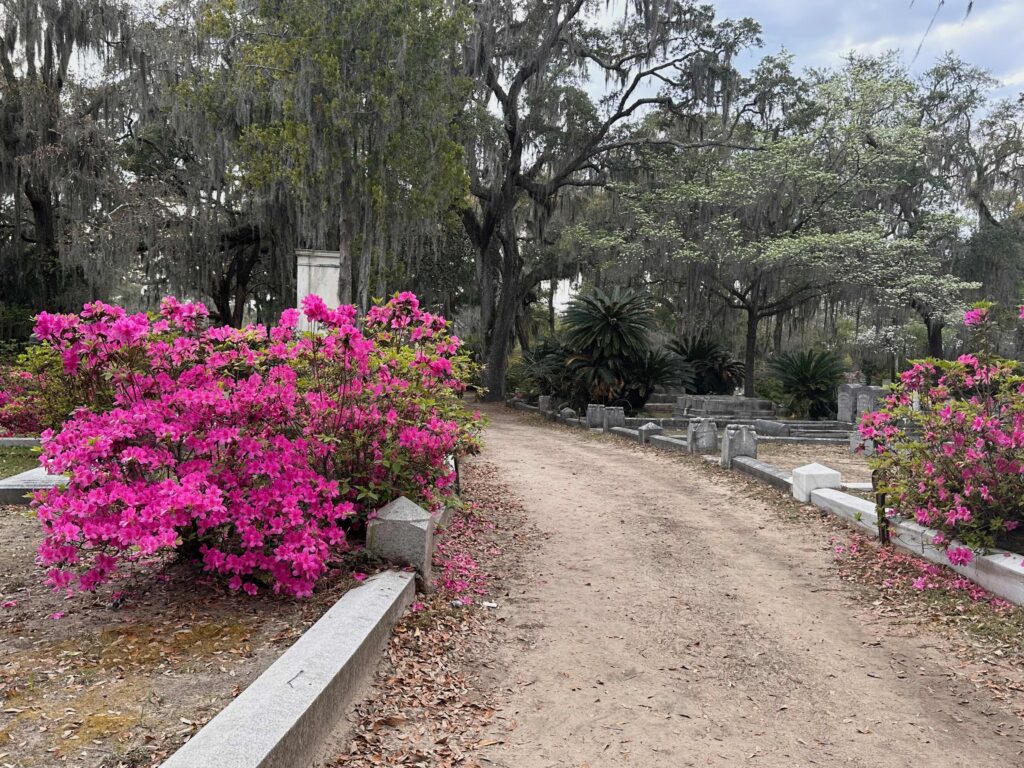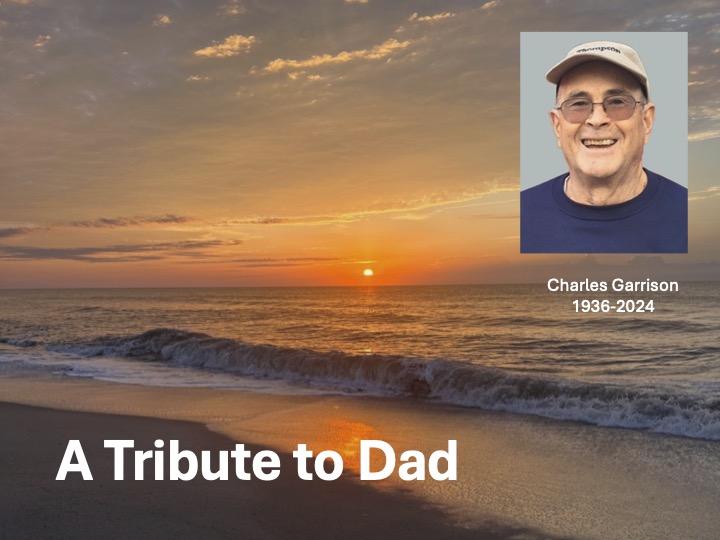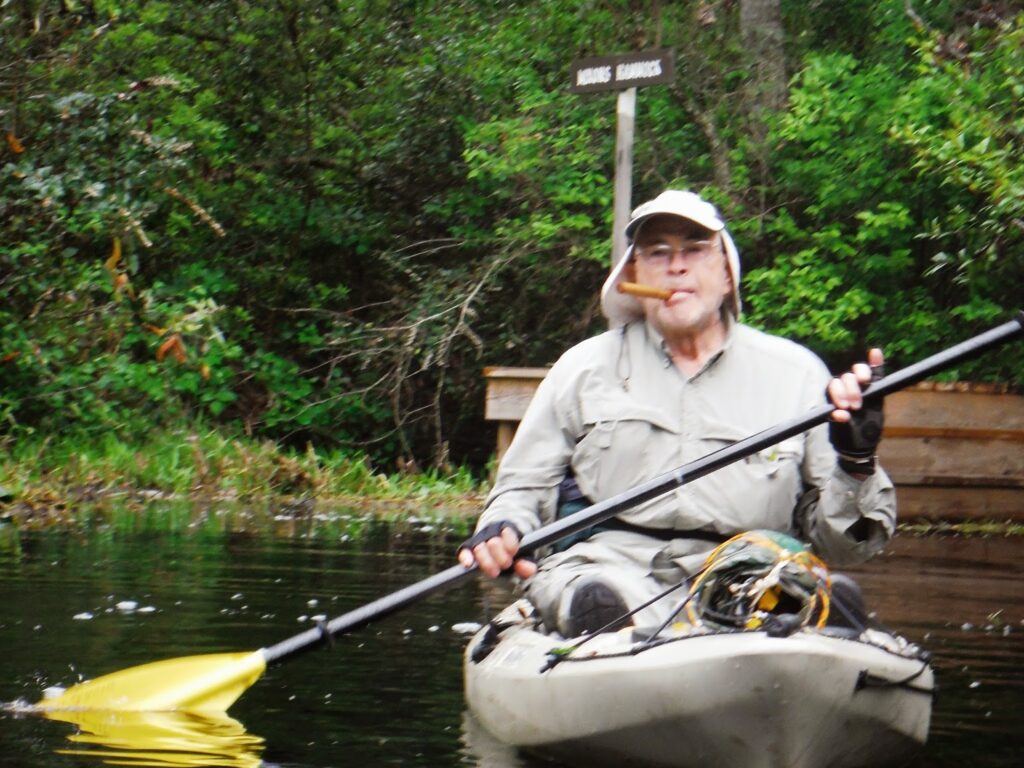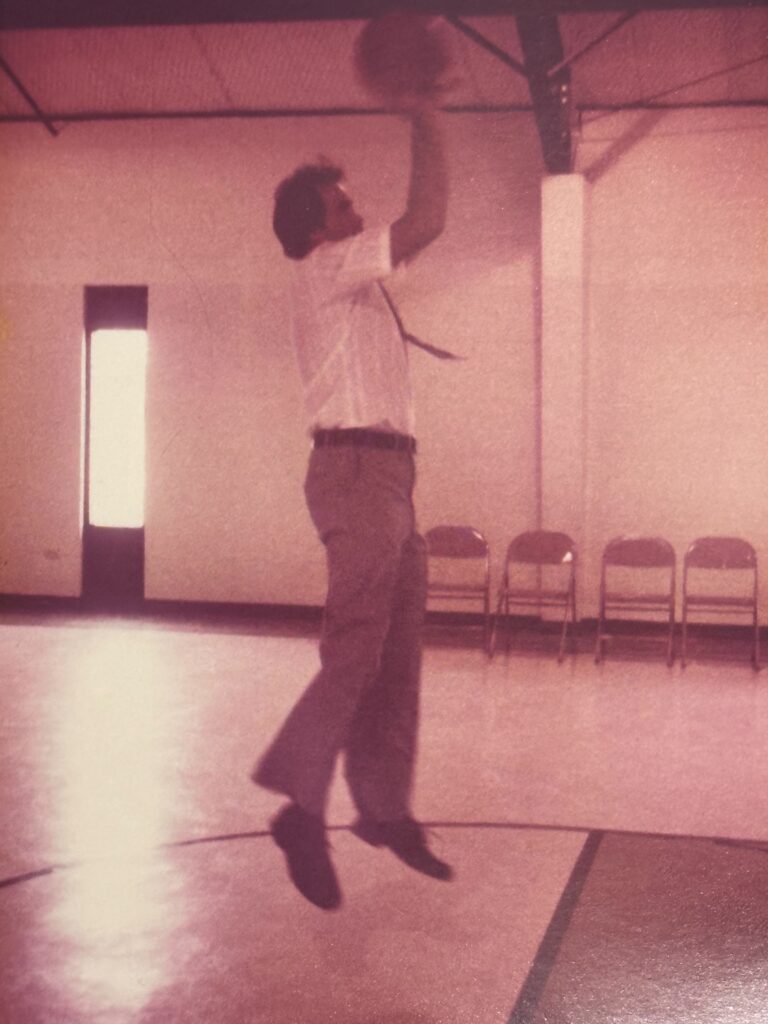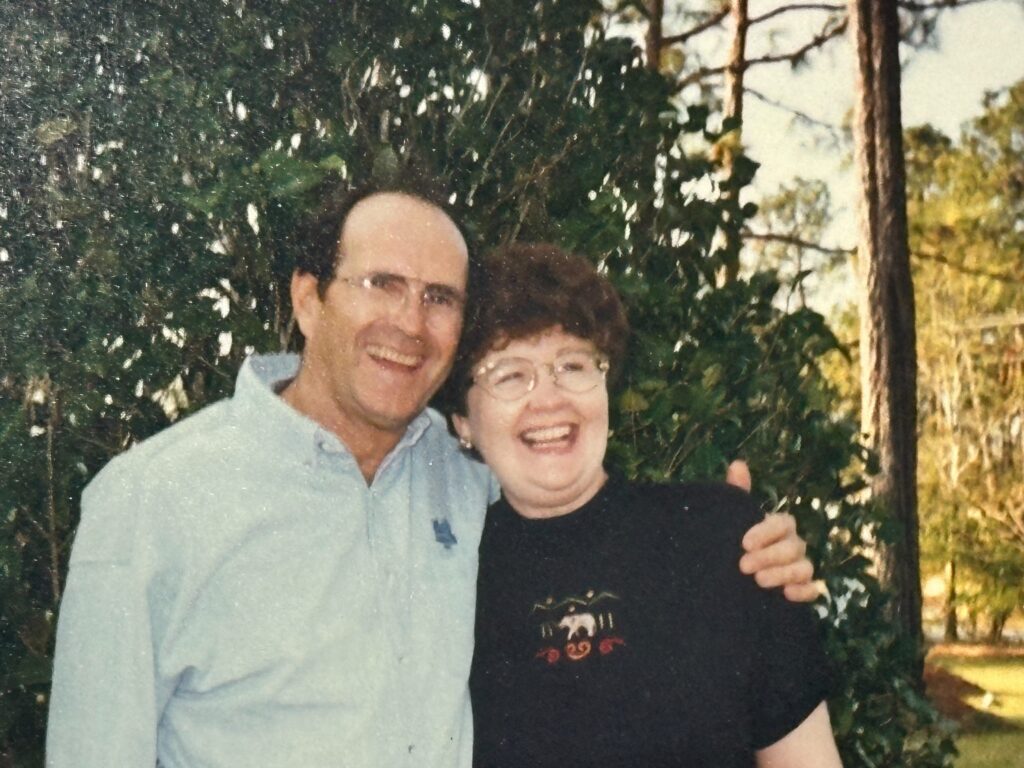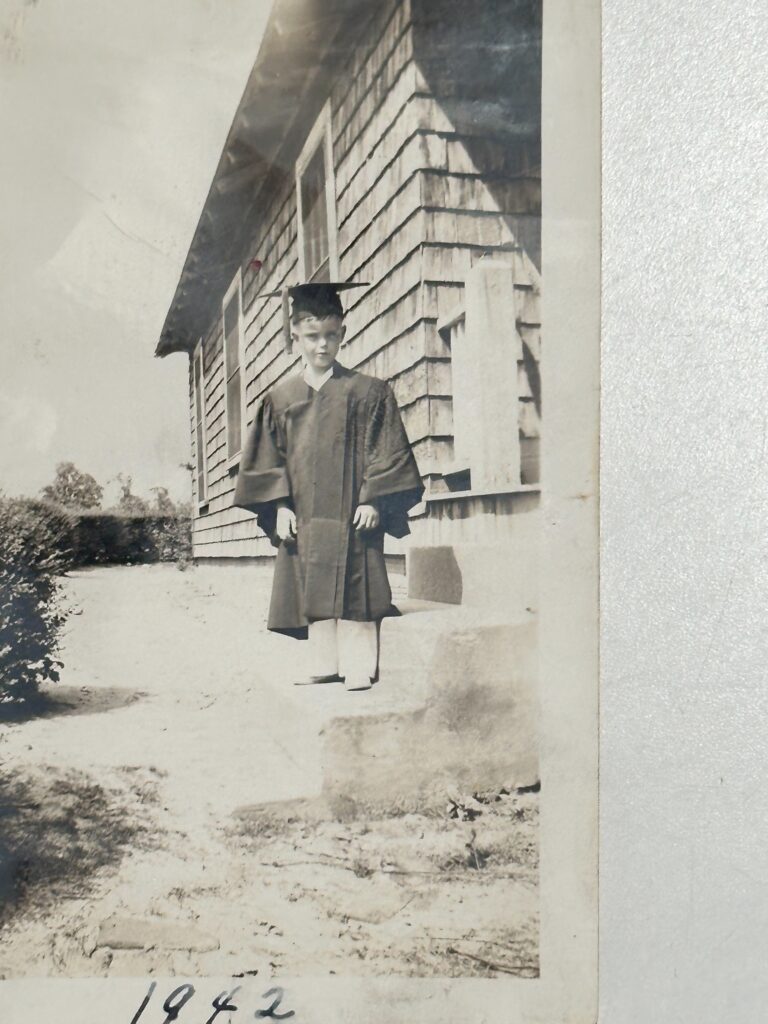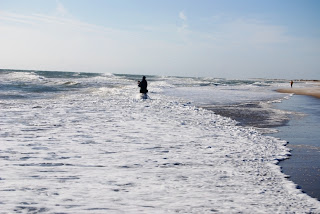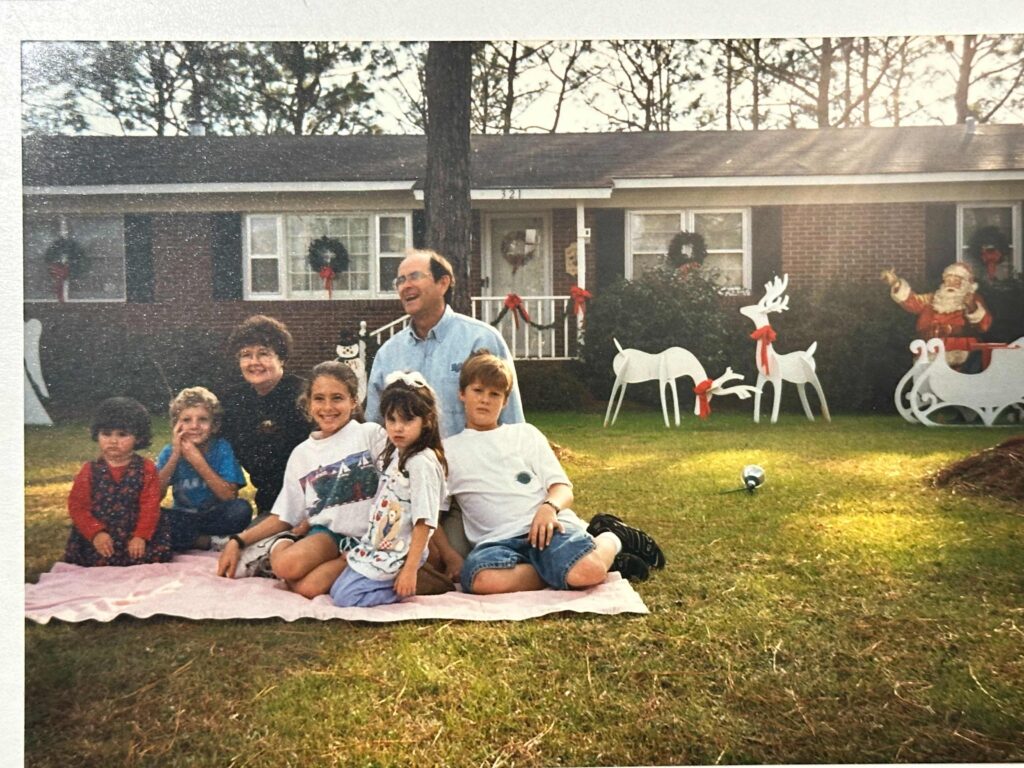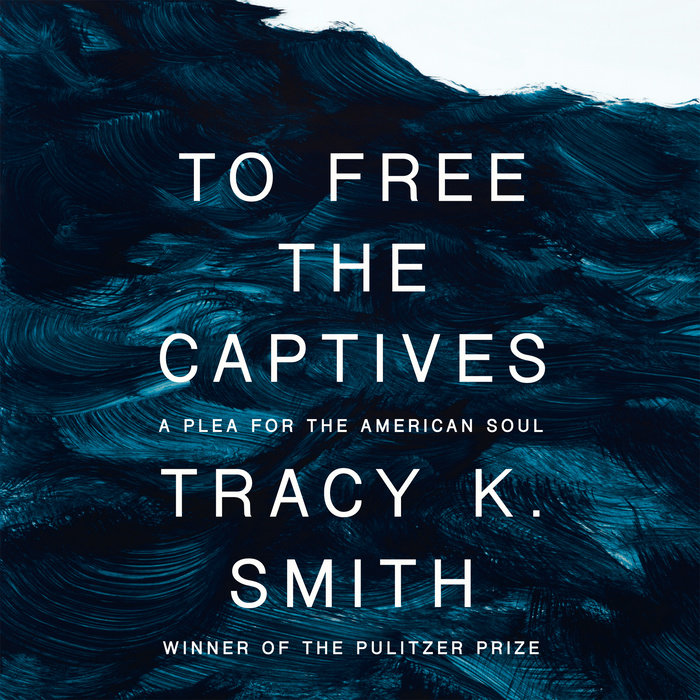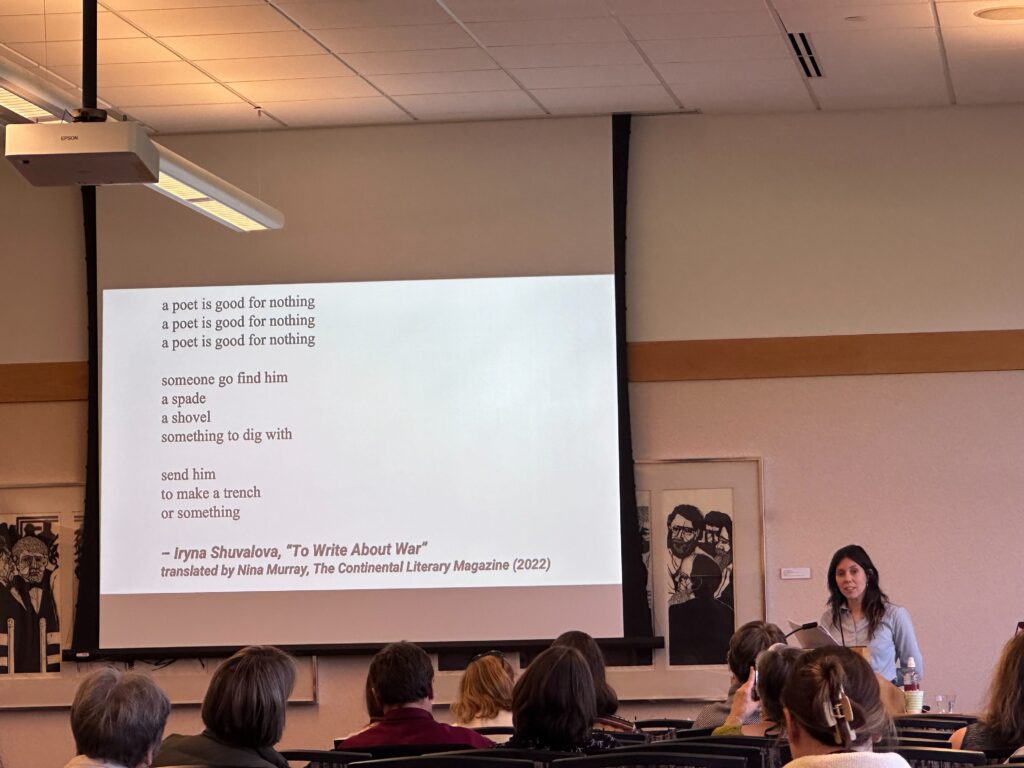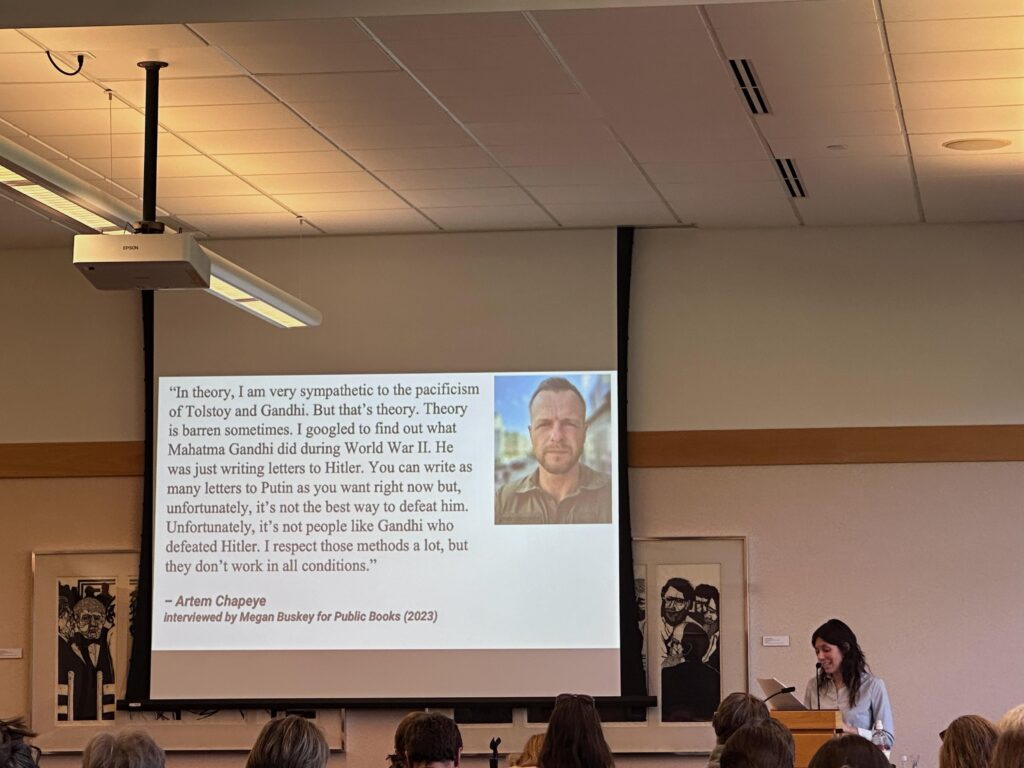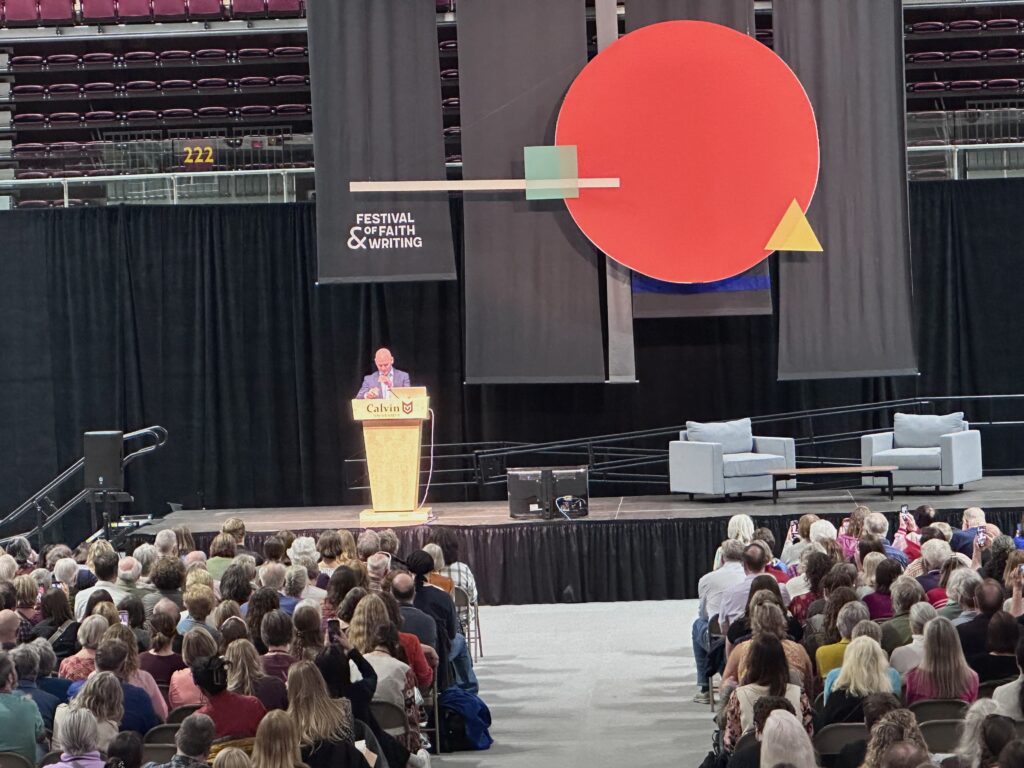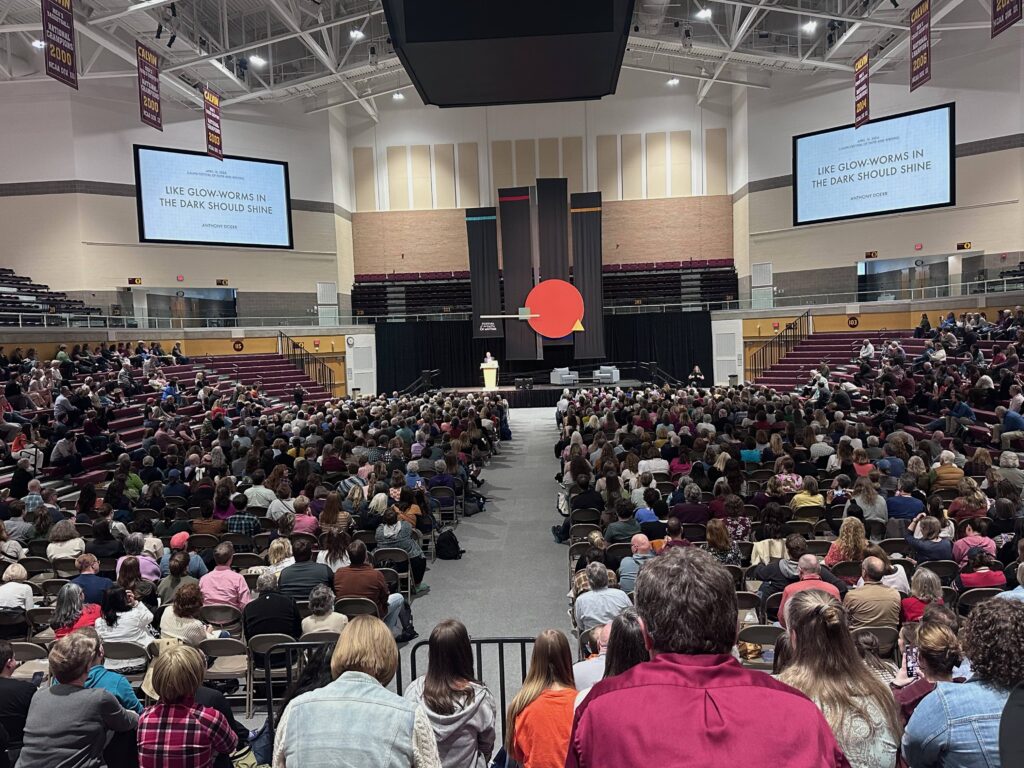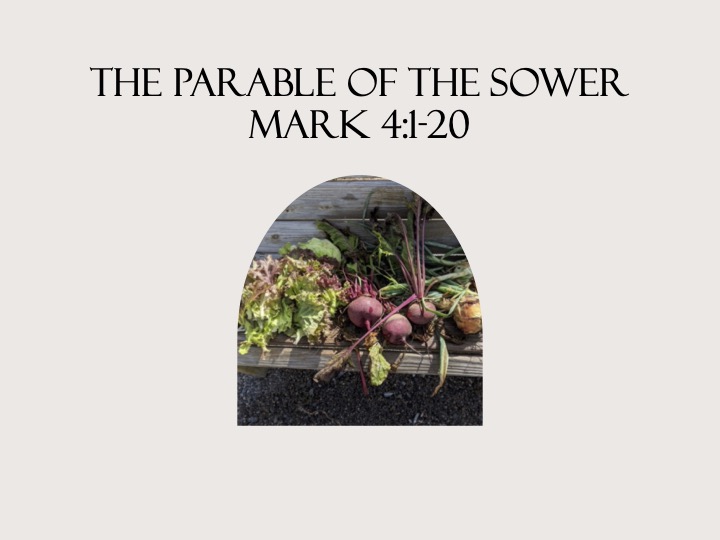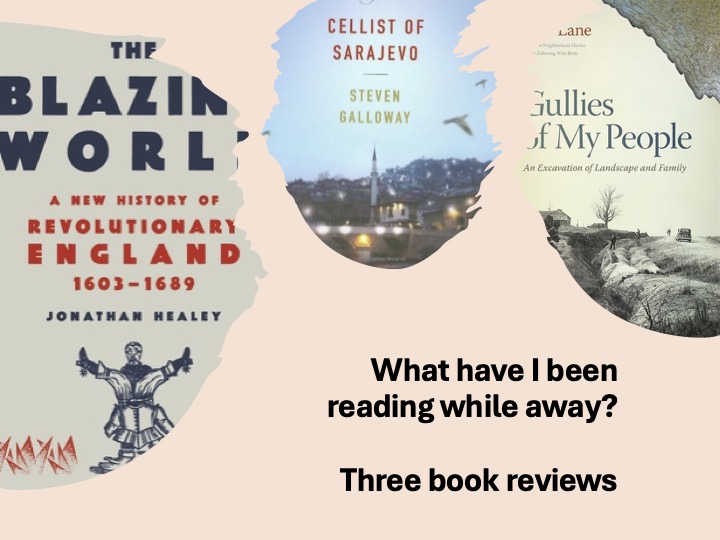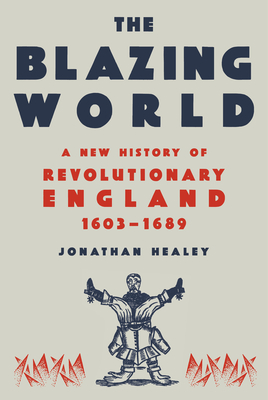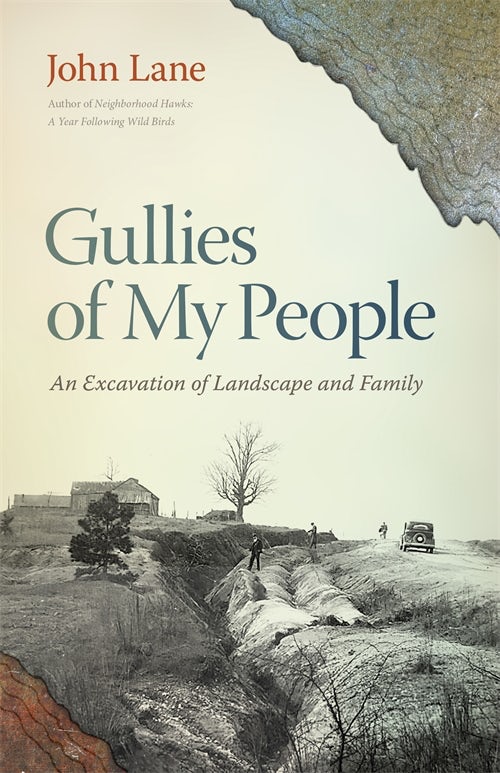Jeff Garrison
Mayberry and Bluemont Churches
Mark 5:1-2
June 2, 2024
At the beginning of worship:
Bob lived on the edge of society in Virginia City, Nevada. Some people were afraid of him, but most just took pity on him. He was never known to harm or threaten anyone. Bob mostly wanted to be left alone. He lived outside of town in a shack but would come into town and dumpster dive for food and alcohol. He carried around a gallon glass jug. Going through the dumpsters behind the saloons, he’d search for whiskey or wine bottles and pour the dregs into his bottle. He drank this gross cocktail.
I once tried to invite Bob into a potluck we were having at church. He ignored me. A member of the church then suggested that we fix a plate of food and sit it out on the steps by the boardwalk. We did this about the time Bob would be heading by the church on his way out of town for the night. When the diner was over, the plate of food was gone. That was Bob’s way. He didn’t want a handout. He just wanted to be left alone.
I’m not sure of all of Bob’s problems. Some said his mind was fried on drugs. He had once been somewhat normal. In the early 70s, I was told, he had even run for sheriff.[1] There are things that happen to individuals that we may be unaware. We must be compassionate, do what we can, and ponder what Jesus would do.
Today, in our gospel story, we see that folks like Bob and those even in worse shape didn’t scare Jesus. He saw something worth saving and using his divine powers, interacted with them and freed them from their bondage.
As the old saying goes, “God don’t make no junk.” And while we are not able to help everyone, we shouldn’t give up on anyone. Instead, we pray for them and do what we can (or what they will let us do) for them. As followers of Jesus, we should be known in the community as those who care for even those who society deems as unlovable.
After the reading of Scripture:
Last Sunday, we explored the passage of Jesus calming the storm as he sailed with the disciples across the Sea of Galilee. After the tempest calmed, they sailed on and arrived across from the water from Galilee. It appears evil wants to keep Jesus out of this territory. As I noted last week, large bodies of water were seen as evil’s domain in the Hebrew world view. So, the storm could be interpreted as evil’s attempt to keep Jesus away from this new territory. And, as we’ll see, once Jesus walks on shore, a man seriously infected with evil spirits confronts him.
Jesus and the disciples are in a territory unlike Galilee, which includes many gentiles. While not mentioned in the text, we know a Roman garrison is included among the gentiles. They stand ready to move into Galilee or to Jerusalem if trouble arose. Rome kept a smaller presence in the predominately Jewish enclaves to appease Jewish sensibilities.
As I read this passage, I encourage you to consider the humor in the story.[2] I’ll explain what I mean in my sermon.
Read Mark 5:1-20
What does Jesus have against pigs? Four thousand hams and enough spareribs to feed Carroll County washed to sea. And think of all the bacon. Having come from Eastern North Carolina, where pig pickings are major social events and eating “high on the hog” isn’t an empty phrased, I’m saddened by such a lost opportunity. Just thinking of all those ribs sauced up and slow roasting over hickory coals makes my mouth water.
Of course, it’s obvious what Jesus had against pigs. As an obedient Jew, he followed the law which prohibited the eating of pork. As Christians, we can be thankful for Peter’s vision at Joppa, where he learns that such things are not profane.[3] But that came later. When this incident occurred, the God-fearing people were under the old law.
Jesus and his disciples had crossed into gentile territory. Since gentiles didn’t adhere to Jewish law, they eat pork. I wonder if the presence of so many pigs, an incredible number of animals in the pre-factory farm days, was to feed the Roman garrison? It’s possible, and if so, those who hear of the story would chuckle at denying their enemy of a barbecue.
But let’s go back to the beginning of the story. Jesus steps off the boat and immediately a crazy man runs up to him. The guy must have been quite a sight, running around howling. Strong, he broke chains used to subdue him. He lived in a tomb, which makes him unclean from a Jewish perspective.[4] But it may be the only place he can live because he’s been banished from the city. After all, who wants a werewolf running around. At least, as far as we know, the dead didn’t complain about his demeanor.
The dialogue begins, seemingly between Jesus and the man. However, it soon becomes apparent the dialogue is between Jesus and the evil spirits residing in the man. Mark provides enough detail about this encounter to show the power of evil. This possessed man is strong and uncontrollable. But Jesus’ power is greater.[5]
There’s a jockeying for position going on. As I pointed out in an early sermon with Jesus confronting demons, in the Biblical worldview, names were thought to have special powers and to name someone or something implied domination.[6]
So, the demons address Jesus as “Son of the Most High God,” as if by calling him out they can control Jesus. But Jesus has power and demands his name, which the demons respond, “It’s Legion, for we are many.” A legion was a unit within the Roman army that consisted of 4,000 to 6,000 men.
Of course, Jesus’ power from God transcends all other powers. He orders the demons to leave the man, but grants them their wish not to disappear, but to inhabit a herd of swine. For a Jewish audience hearing of this encounter, they would have thought this hilarious. The demons enter the swine and then do what evil does best. It destroys. Not only are the demons done in, but they also take with them a bunch of pigs to their deaths. Of course, Jesus doesn’t address the economic loss here.[7] Instead the purpose of the story to express Jesus’ power.
There are three theological truths I’d like you to glean from this text. The first is one Mark has been making, Jesus is divine. As God in the flesh, Jesus has power to evil and has come to set about a change in the world. He dethrones evil.
Because of Jesus’ power, we can trust him to cure any troubled soul, and there was none so troubled as this man.
Second, the story confirms the nature and intent of evil, which is to destroy. Eventually, the demise of the pigs would have been the man’s destiny had Jesus not intervened. Evil seduces and then destroys. It often masquerades as good or desirable, and then, once in position of power, shows its true face. Scripture takes evil seriously, but at the same time shows us we shouldn’t fear it. When we sign up for God’s side, we are assured of the outcome. God’s power is greater than any combinations of evil spirits.
A third theological truth we learn from this passage involves the man. He was a victim. Jesus never blamed or condemned him. He needed help. Instead of blaming the victim for his own plight, as we too frequently do, Jesus freed the man from that which kept him in bondage.
The man is thankful and wants to travel with Jesus across the sea. But Jesus instead gives him a calling to tell what happened to his own people. Mission always starts in our backyard.
In addition to the theological truths of the passage, there are practical applications. Just as the man ran from the hills to meet Jesus on the lakeshore, we too are to take our troubles to him We don’t have to bear the burden of bondage by ourselves. We can trust Jesus.
And those of us who have experienced the grace of our Savior, like the healed demonic, have a story to tell. We are to proclaim and tell others what Jesus has done for us.
Finally, this passage reminds us that no one is beyond God’s grace. God’s love extends even to those shunned from society. So don’t write people off. Love them, like Jesus loves. Amen.
[1] Long after I left Virginia City, I heard that a local sheriff deputy had a confrontation with Bob. Feeling threatened, he shot him. Bob died. People were so upset at the deputy, for no one had ever seen Bob be violent toward others, that the deputy had to leave town.
[2] For a discussion on humor in the passage, see Douglas R. A. Hare, Westminster Bible Companion: Mark (Louisville: KY: WJKP, 1996), 65.
[3] Acts 10.
[4] According to Jewish law, contact with the dead required a period of cleansing. See Numbers 19:11-14.
[5] Morna D. Hooker, The Gospel According to Saint Mark (1991, Hendrickson, 1997), 142.
[6] See my sermon on Mark 1:21-28. https://fromarockyhillside.com/2024/01/21/jesus-in-the-synagogue/
[7] For a discussion on this see James R. Edwards, The Gospel According to Mark (Grand Rapids, MI: Eerdmans, 2002), 159.
